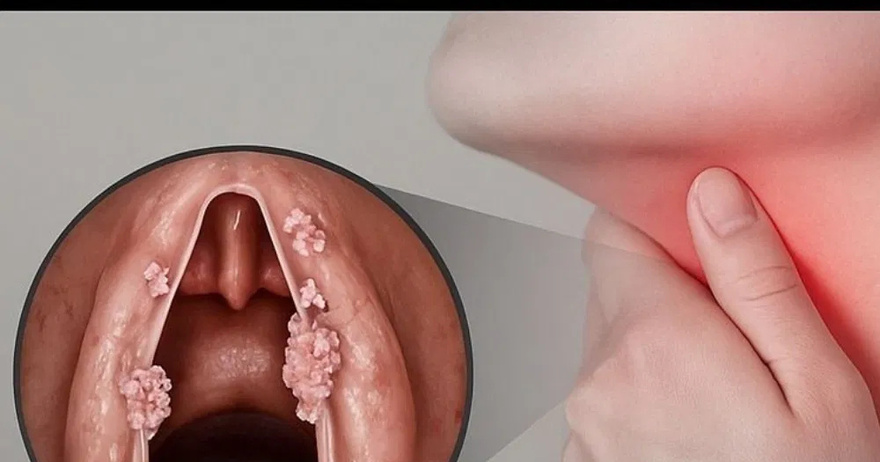Snoring is a common problem that affects millions of people around the world. Although often downplayed, frequent snoring can be a sign of more serious health problems and affect both the snorer’s sleep quality and that of those around them. Understanding the causes and consequences of snoring is essential to finding appropriate solutions and improving quality of life.
What is snoring?
Snoring is the hoarse or harsh sound that occurs when airflow is partially obstructed as it passes through the upper airway while we sleep. This vibration of the throat tissues causes the characteristic noise, which can vary in intensity and frequency.
Main Causes of Snoring
Airway Obstruction

One of the most common causes of snoring is partial airway obstruction. This can be due to multiple factors, such as swollen tonsils, a deviated nasal septum, or tissue growth in the throat.
Overweight
Excess body weight, especially around the neck, can put pressure on the airways, narrowing them and increasing the likelihood of snoring. Fat accumulated in this area limits normal airflow.
Alcohol and Sedative Use
Alcohol and some medications excessively relax the throat muscles, causing partial collapse of the airways and causing snoring during sleep.
Sleeping Position
Sleeping on your back can cause your tongue to move back in your throat, partially blocking the airway and causing snoring. Changing positions can help reduce the problem.
Age
As we age, the throat muscles tend to weaken, increasing the likelihood of snoring. Additionally, the tissues become more flaccid, contributing to vibrations during breathing.
Anatomical Problems
Some people have an anatomical predisposition to snore, such as a long soft palate or a large uvula (uvula), which can narrow the airway.
Consequences of Snoring

Although it may seem harmless, habitual snoring has several negative consequences for both health and social life:
Sleep Fragmentation
Snoring can cause micro-awakenings that disrupt the normal sleep cycle, reducing the quality of rest and causing daytime fatigue, lack of concentration, and drowsiness.
Risk of Sleep Apnea
Loud, frequent snoring can be a symptom of obstructive sleep apnea, a serious disorder in which breathing repeatedly stops during the night. This condition increases the risk of hypertension, heart disease, type 2 diabetes, and stroke.
Relationship Problems
Sharing a bed with a snorer can be frustrating for both partners, affecting the quality of sleep and creating tension in the relationship.
Impact on Mental Health
The lack of restful sleep associated with snoring can contribute to the development of disorders such as anxiety and depression.
Decreased Daily Performance
Chronic fatigue caused by poor quality sleep negatively affects performance at work, school, and other daily activities.
When to Seek Medical Help
Although not all snoring is cause for alarm, it is important to consult a doctor if signs such as breathing pauses during sleep, extreme daytime sleepiness, morning headaches, or difficulty concentrating occur. A specialist may recommend sleep studies and treatments such as CPAP devices, surgery, or lifestyle changes.
Conclusion
Snoring may seem like a minor problem, but if it persists or is accompanied by other symptoms, it can indicate serious sleep disorders. Identifying the causes and understanding the consequences of snoring is the first step in finding effective solutions that improve both your health and quality of life. If you snore frequently, don’t hesitate to consult a professional for a proper diagnosis and start breathing better every night.
Terrence Howard Turned Down Marvin Gay Biopic Because He Refused to Kiss a Man: I’d ‘Cut My Lips Off’
90% Fail to Answer This Correctly!
The whole internet collaborated and couldn’t find what this is. I’m not sure what this is, 50% of people don’t know too…
Doctor shares what it means if you always need to poo immediately after you eat





























